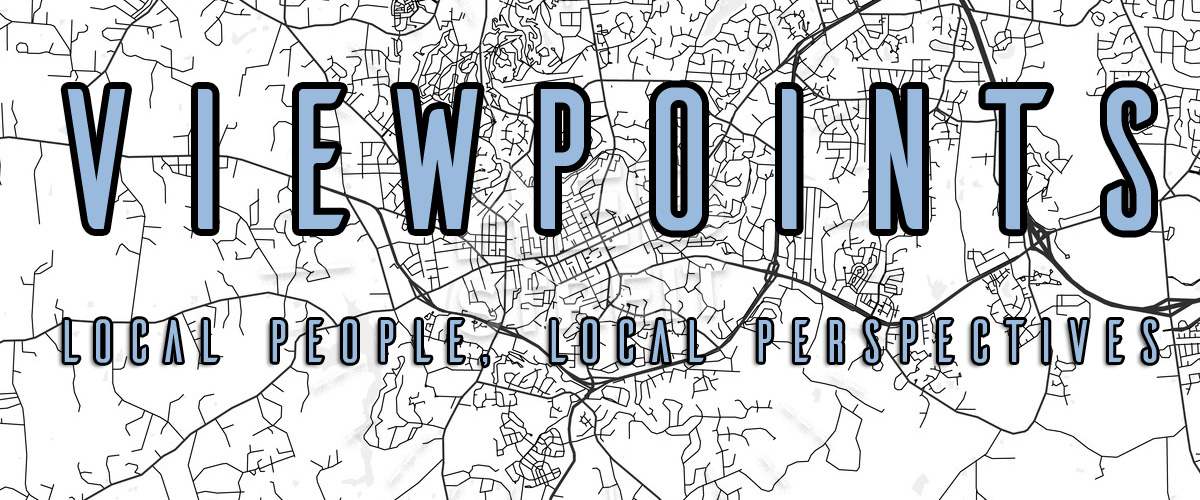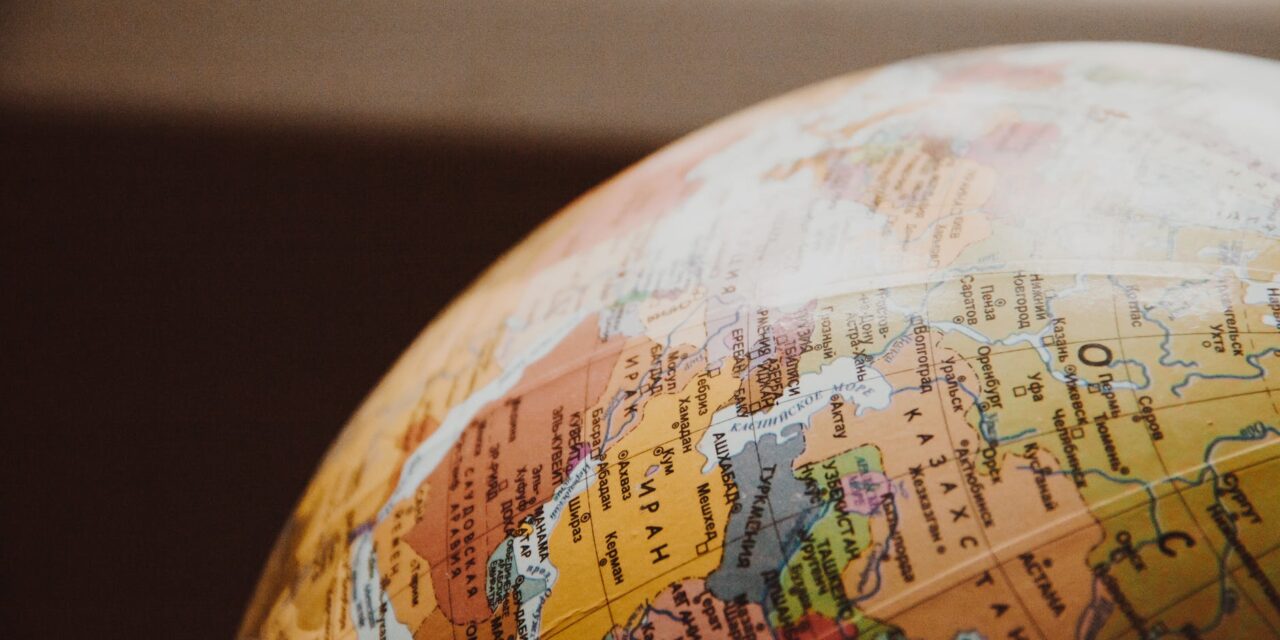
“Viewpoints” is a place on Chapelboro where local people are encouraged to share their unique perspectives on issues affecting our community. If you’d like to contribute a column on an issue you’re concerned about, interesting happenings around town, reflections on local life — or anything else — send a submission to viewpoints@wchl.com.
We Won’t End the COVID-19 Pandemic Anywhere, if We Can’t End It Everywhere
A perspective from Deacon Stephen L. Yates, PhD
Imagine you live in a country with very little access to food and water. You make an average of $10 per week. Your family survives on one simple meal per day – sometimes even less. Now imagine having to manage the challenges of COVID-19 as the omicron variant tears through your community. Your support network that helped keep your family safe has rapidly unraveled. Now imagine your neighbors in wealthier countries, which have promised to help by providing vaccines, have not yet fully delivered on those promises. Sadly, you don’t have to imagine this scenario because it is being lived out by our sisters and brothers in low-income countries around the world.
Here in North Carolina, we have achieved a great milestone with an estimated 69% of our state’s adult population considered fully vaccinated. Compare that to just 8% of people in low-income countries who have received at least one vaccine dose. What’s even more staggering is the inequity among healthcare workers. According to a World Health Organization survey of 25 African nations, an average of 27% of healthcare workers are fully vaccinated, compared with 80% of their healthcare worker counterparts in high-income countries.
As an international community, where did we go so wrong?
The Biden administration committed to sharing 1.1 billion COVID-19 vaccine doses with poorer countries by the end of 2022. Yet only a fraction of these doses have materialized. In the meantime, the U.S. has more than enough doses to vaccinate its entire population, even with the administration of booster shots. The ugly trend of vaccine nationalism is partly to blame. It’s easy to think that we must take care of America first. But if we take a proper social justice view, we can see that COVID-19 vaccines are a global public good and should be distributed equitably and transparently. Yet it’s been reported that the U.S. has had more vaccines than it knows what to do with, and that millions of unused doses have gone to waste.
What’s more — this pandemic is global; it knows no borders. Therefore, it’s in our collective best interest to make sure everyone has access to vaccines. We have already seen dangerous new variants develop in India (delta) and Africa (omicron) where vaccination rates are low. The risk is that further viral mutations will continue to occur, possibly to the point where the current vaccines are no longer effective. Such inequity could prolong the pandemic for years to come.
Given these points, it’s imperative the U.S. ensures that lifesaving vaccines are not wasted, and instead get into the arms of those who need them most– at home and abroad. The good news is that we’re slowly seeing progress at closing the inequity gap. Until recently, only about 2% of people in low-income countries had been vaccinated with one dose. Today, that number has jumped to 8 %.
To be sure, controlling COVID-19 through the equitable distribution of vaccines is the only ethical and life-saving approach to ending the pandemic. As one of the world’s wealthiest nations, we have an obligation to help those in need. Conversely, let’s not let the “virus of individualism” prevent us from doing what’s right. Instead, let’s contact every member of North Carolina’s Congressional delegation to let them know that we — their constituents — support vaccine equity. Every voice counts. The stakes couldn’t be any higher.
As Pope Francis says in his latest encyclical Fratelli Tutti: “A worldwide tragedy like the Covid-19 pandemic momentarily revived the sense that we are a global community, all in the same boat, where one person’s problems are the problems of all. Once more we realized that no one is saved alone; we can only be saved together.”
“Viewpoints” on Chapelboro is a recurring series of community-submitted opinion columns. All thoughts, ideas, opinions and expressions in this series are those of the author, and do not reflect the work or reporting of 97.9 The Hill and Chapelboro.com.


